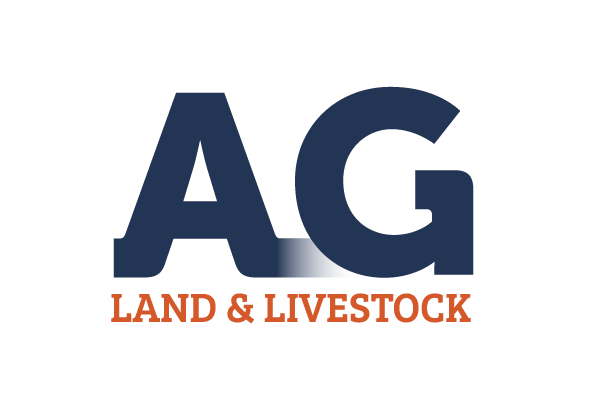NSW interests swoop on NT cotton cropping opportunity
THE first major land acquisition for dryland cotton production in the Northern Territory has been made following the sale of Top End grazing property Blackbull Station.
Fund manager Australian Agricultural Growth Partners is believed to have paid around $30 million for the 14,342ha holding in the Douglas-Daly region, south of Darwin.
If proven accurate, the price represents a significant premium over grazing land value in the region.
The new owners are New South Wales-based and deal in agribusiness, asset management, property and finance.
According to its website, AAG Partners has managed billions of dollars worth of agricultural property and infrastructure assets globally for some of the world’s largest and most respected investors.
The company will work with Moree-based Customised Farm Management which will oversee the ongoing dryland cotton development on Blackbull.
It is understood cattle will continue to be run on the unimproved country, with around 1500 head of cattle included in the sale.
The holding comprises two freehold properties – the 9400ha Theyona and the 4942ha Blackbull – situated in an annual 1200mm rainfall district, which is a critical attribute for dryland cotton.
Blackbull overlays the highest yielding of the Top End aquifer systems known as Oolloo Dolostone, with recorded bore flow follow rates up 120 lps. The property also has 14km of Daly River frontage.
It also boasts Kandosol soils ideal for agricultural and horticultural production.
These deep red, yellow and brown earthy soils occur throughout the NT, particularly in the Top End, Sturt Plateau, Tennant Creek and Central Australian regions.
Currently running around 5000 head of mostly backgrounder cattle, the holding has 5500ha developed to improved pasture species, 800ha of dryland cotton and some leucaena.
The balance is native country.
The current owners have held Blackbull Station for nine years, acquiring it in 2013 following the collapse of the Great Southern Group, which earmarked the property for timber-plantation development.
At the time of purchase, it was growing mahogany, and some of these trees are still growing.
Blackbull was offered on an off-market basis by Andy Gray from Andrew Gray Land and Livestock.

Unable to disclose the price, Mr Gray said the sale was significant in terms of growing the NT’s agricultural sector.
“It is the first major acquisition for dryland cotton production and development in the NT.
“Blackbull offers diversified income steams via hay production, with recently established cotton crops providing encouraging results to date,” he said.
Additionally, Blackbull has 13 bores and is licensed to extract eight gigalitres of groundwater currently providing three centre-pivot points, and this is likely to increase.
Northern Australia’s cotton industry is gathering momentum with the Northern Territory’s first cotton gin, 35km north of Katherine, now under construction.
There are also plans to build a gin in Western Australia’s Ord region.
Nearly all cotton currently produced in the NT is grown under rain, with a consistent 1000mm to 1800mm across the growing season considered ample for a dryland crop.
In 2019, the cattle-based Tipperary Station, located south of Adelaide River, diversified and grew its first commercial crop of cotton and has been increasing production ever since.
It also grows corn for silage, as well as hay and sorghum to feed to weaners and grown cattle.
